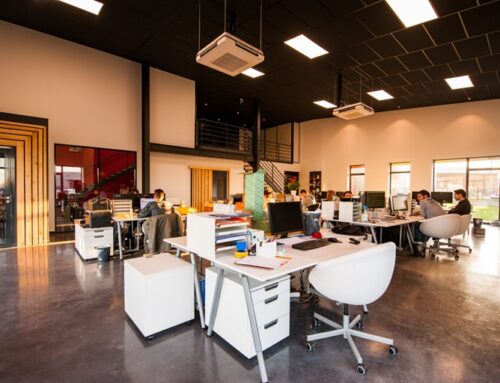In the post-COVID recovery, the labour supply-demand relationship has reversed.
In the US in August 2021, 4.3 million Americans resigned - 2.9% of the workforce - an all-time record that surpasses the previous record set in April when 4 million resigned (2.7% of the total).
These figures, contained in the 'Jolts' (Job Openings and Labor Turnover Survey) report drawn up by the US Department of Labor, give a good idea of the scale of the earthquake that has hit the American economy and indicate the direction in which it is heading; a radically opposite trend to that which occurred during the health emergency, when around 20 million people lost their jobs due to company closures.
And even today, it is still employees who are leaving companies - even with nothing in hand - to look for new opportunities, with better salaries, but also and above all with greater flexibility.
The 'power' is no longer in the hands of the employer, but of the employees.
"We're talking about the great resignation and the historic labour shortage, and that's not hyperbole," Julia Pollack, economist at ZipRecruiter, told the Washington Post.
"There is great demand, and people are leaving their jobs in search of better life opportunities," economist Nick Bunker also told the Post.
Despite the fact that there are still 5 million job vacancies short of pre-pandemic levels, there are plenty of vacancies, employees have more choice and there is a struggle to recruit in many sectors, particularly hotels, restaurants and construction.
The above-mentioned phenomenon is also becoming increasingly tangible in Europe.
There are many reasons for this: one of them is the 'lockdown'. During the pandemic, working remotely led many people to enjoy a better quality of life than before, which was often characterized by hectic work schedules and time-consuming home-office commutes. A lot of people have finally had time to slow down and reflect on their career path, in many cases concluding that they are not satisfied and can aspire to something better, something different.
What do suggest to companies in order to become competitive again, able to keep their people and at the same time attract new resources?
It is inevitable that they will have to adapt to the new reality, reviewing their Employee Value Proposition and their Welfare policies.
While not wishing to, and of course not being able to, generalize, irrespective of seniority, educational background, culture of origin, or gender differences, people are now looking for a balance between their professional and personal lives, and are interested in opportunities where they can work remotely, at least in part.
They want to continue to grow in terms of competences, therefore training, well defined career paths, clarity, trust, responsibility.
They prefer remuneration policies that, in addition to a fixed salary, include a variable part linked to individual objectives and managed according to truly meritocratic criteria.
They are willing, and in some cases prefer, to evaluate project contracts and/or roles as temporary managers.
Those working in HR today, both internally within companies and externally as consultants, are facing a particularly critical yet key and challenging time.
Working in partnership with CEOs and entrepreneurs is, and will increasingly be, fundamental for HR people who are called upon to play a strategic role and not merely one of "executive support".
Working together means winning together.

Giovanna Benedettelli
HR Business Advisor
![]()





